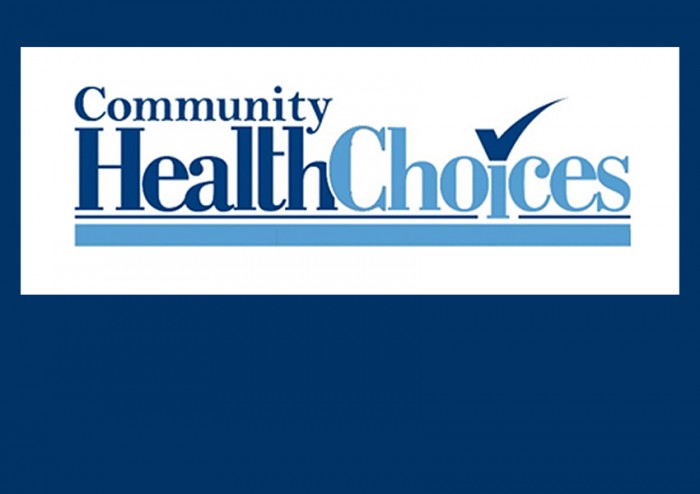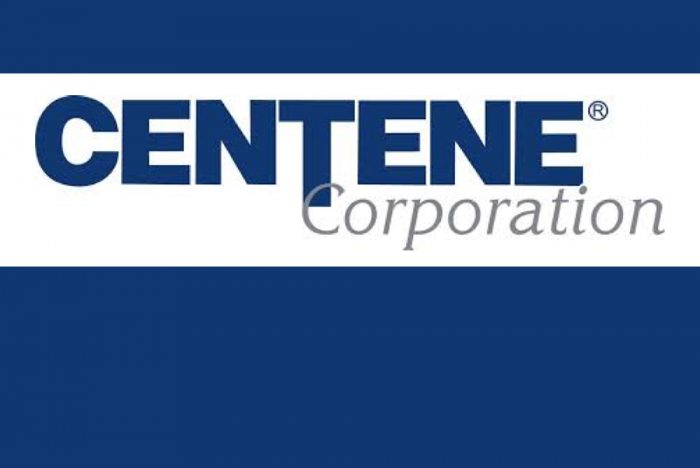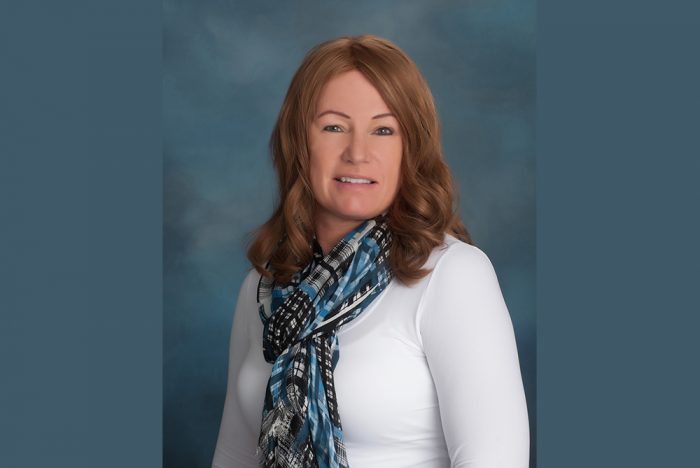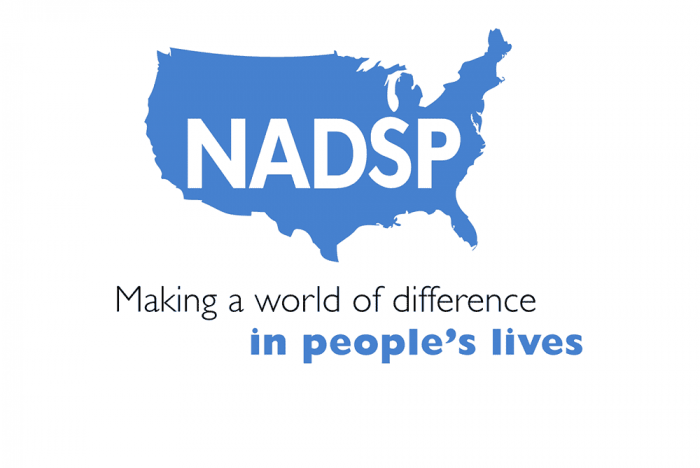Transition Plan Released to Phase Out Temporary Changes to CHC 1915(c) Waiver
CMS Innovation Center to Increase Access to Opioid Use Disorder Treatment Services
The Center for Medicare and Medicaid Innovation launched a request for application (RFA) for a new initiative that aims to increase access to opioid use disorder (OUD) treatment services for eligible Medicare Fee-For-Service (FFS) beneficiaries, including those dually eligible for Medicare and Medicaid.
RCPA Member Allegheny Family Network Welcomes New Deputy CEO Joyce Blackburn
Centene is Climbing on Its Plans to Buy Magellan Health for $2.2 Billion
OCYF to Recommence Standardized Time Study Reporting Process
The Office of Children, Youth, and Families (OCYF) intends to commence the implementation of the standardized time study reporting process in 2021. This process was supposed to be implemented in 2020 but was delayed as a result of the COVID-19 pandemic. The original notice sent on April 20, 2020 that announced the delay can be viewed here.
Top Stories of 2020: Protests Drive New Conversation About Policing and Racial Justice in Pennsylvania

RCPA Member Step By Step, Inc. Appoints Lesley Corey as New Executive Vice President/COO
Lesley Corey, who brings with her a 29-year career in behavioral healthcare and developmental disabilities, will become the Executive Vice President/COO of Step By Step, Inc. effective January 4, 2021.
OLTL Guidance for Adult Daily Living Providers for Additional Appendix K Flexibilities
The Facts About Covid-19 Vaccines for Direct Support Professionals
Upcoming NADSP Webinar
Direct support professionals have been on the front lines supporting people with disabilities during the COVID-19 pandemic. The COVID-19 vaccines are now here and becoming widely available. While this is good news, we also know that there is some confusion and worry about the efficacy and safety of the vaccine. In this webinar, the National Alliance of Direct Support Professionals (NADSP) in partnership with the American Academy of Developmental Medicine and Dentistry (AADMD) will address vaccine concerns. Please join Rick Rader, MD as he shares up-to-date and research-based information on the COVID-19 vaccines.
This webinar is now available on the NADSP website and can be viewed here.














